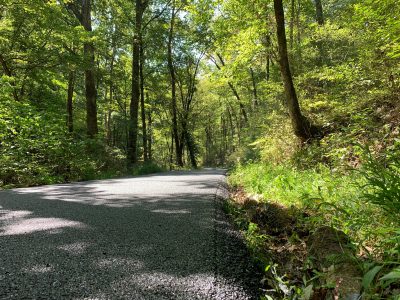
News
Technology
BASF introduces B2Last asphalt pavement modifier for pavement construction in North America
July 14, 2020 By BASF

Wyandotte, Mich. – At the Petersen Asphalt Research Conference, BASF will introduce its new B2Last liquid asphalt modifier in North America, which improves paving operations and helps make roads last longer.
Unlike some modification systems that require blending and separate over time, B2Last reacts with the liquid asphalt components and does not separate from the asphalt binder.
“BASF focuses on improving asphalt functionality within the flexible pavement industry to produce better pavements and help our customers increase their operational efficiency,” said Jaime Garza, vice president, BASF Monomers, North America. “B2Last complements existing sustainable construction offerings in the BASF portfolio.”
B2Last is a liquid asphalt modifier that improves the functional properties of asphalt binders, mixes and flexible pavements by increasing the useful temperature interval (UTI) of the liquid asphalt while maintaining workable levels of viscosity. It is compatible with most liquid asphalts, ideal for new pavement construction and pavement preservation initiatives, and reduces stripping of the aggregates from the binder which leads to a more sustainable, flexible pavement.
“Functional performance improvement levels can be tailored or made ‘On-demand’ by binder formulators to meet or exceed flexible pavement specifications,” said Bernie Malonson, B2Last marketing manager, BASF Monomers, North America. “Since B2Last is a liquid, there are no solids to grind or melt, less energy is required to produce modified asphalt pavements and it supports American Association of State and Highway Transportation Officials (AASHTO) specifications.”
Pavement construction companies and liquid asphalt terminals can achieve operational savings due to reductions in time, labor and energy when implementing B2Last. Unlike traditional polymer-modified asphalts, B2Last can be injected into liquid asphalt.
Recent paving trials in the United States and Germany showed significantly less odour as B2Last lowers Volatile Organic Compounds (VOCs) in paving operations. Also, mixes with B2Last have less build-up on trucks and hand tools, reducing the need for release agents, and require fewer roller passes for compaction than traditional polymer-modified asphalts. Additional U.S. Department of Transportation (DOT) and commercial trials are ongoing.
For more information visit, www.b2lastna.basf.com
Print this page